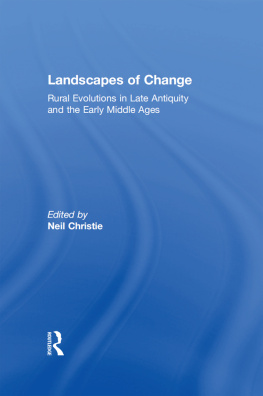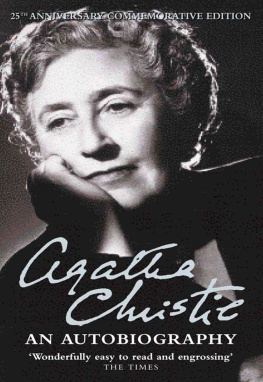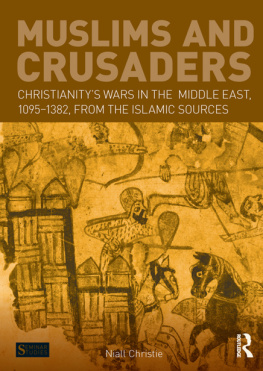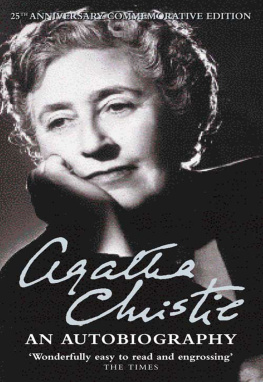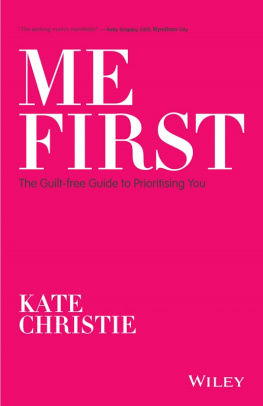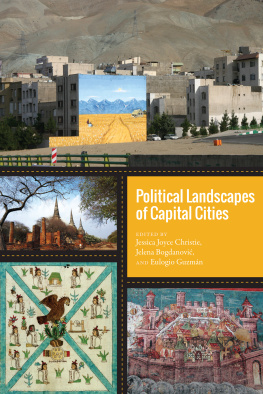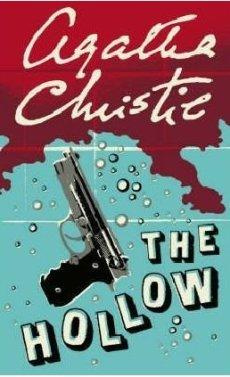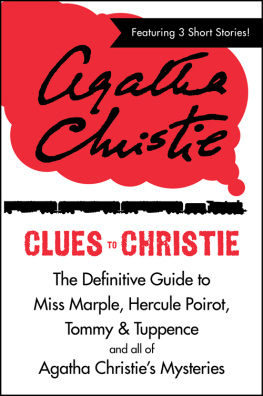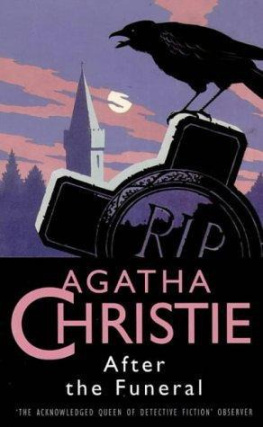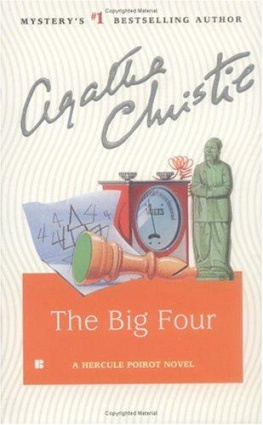Christie - Landscapes of Change
Here you can read online Christie - Landscapes of Change full text of the book (entire story) in english for free. Download pdf and epub, get meaning, cover and reviews about this ebook. publisher: Taylor & Francis (CAM), genre: Home and family. Description of the work, (preface) as well as reviews are available. Best literature library LitArk.com created for fans of good reading and offers a wide selection of genres:
Romance novel
Science fiction
Adventure
Detective
Science
History
Home and family
Prose
Art
Politics
Computer
Non-fiction
Religion
Business
Children
Humor
Choose a favorite category and find really read worthwhile books. Enjoy immersion in the world of imagination, feel the emotions of the characters or learn something new for yourself, make an fascinating discovery.
- Book:Landscapes of Change
- Author:
- Publisher:Taylor & Francis (CAM)
- Genre:
- Rating:4 / 5
- Favourites:Add to favourites
- Your mark:
- 80
- 1
- 2
- 3
- 4
- 5
Landscapes of Change: summary, description and annotation
We offer to read an annotation, description, summary or preface (depends on what the author of the book "Landscapes of Change" wrote himself). If you haven't found the necessary information about the book — write in the comments, we will try to find it.
Landscapes of Change — read online for free the complete book (whole text) full work
Below is the text of the book, divided by pages. System saving the place of the last page read, allows you to conveniently read the book "Landscapes of Change" online for free, without having to search again every time where you left off. Put a bookmark, and you can go to the page where you finished reading at any time.
Font size:
Interval:
Bookmark:

Edited by
NEIL CHRISTIE
University of Leicester, UK

Paul Arthur obtained both his BA and his PhD at the Institute of Archaeology, University of London. In the 1980s he worked extensively in Naples and taught at the University of Salerno. Since 1998 he has been Professor in Medieval Archaeology at the University of Lecce. He is also an Associate Editor of the journal Medieval Archaeology. His fieldwork has included excavations and surveys in England, Italy, Libya, Turkey and the Ukraine. Research interests cover late antique and medieval/Byzantine settlement patterns and economy, cultural heritage management and ceramics, both medieval and art nouveau. The British School at Rome has recently published his volume Naples from Roman Town to City-State: An Archaeological Perspective (2002).
William Bowden received his BA from University College London and his PhD from the University of East Anglia. He currently holds a post-doctoral fellowship at the University of East Anglia. His previous employment includes extensive experience of British rescue archaeology and Italian archaeology, much of the latter working for the British School at Rome. He is actively involved in research projects at Butrint in southern Albania and Jerash in Jordan and his research interests include late antique urbanism and the use of the past in the construction of ancient and modern identities. His recent publications include Epirus Vetus: The Archaeology of a Late Antique Province (2003) and the co-edited volume Theory and Practice in Late Antique Archaeology (Brill, 2003).
Alexandra Chavarra Arnau studied archaeology at the University of Barcelona and at the University of Paderborn where she has recently completed her PhD on the Functional Transformation of Spanish Villas in Late Antiquity (2003); she is currently a postdoctoral fellow at the University of Padova. She has participated in many surveys and excavations in Germany, France, and Spain as well as in Italy where she has also analysed historical constructions using the methodology of the Archaeology of Architecture. Her research and publication interests lie in Hispania during the late antique period in general and particularly in residential (urban and rural) and Christian architecture.
Neil Christie completed his BA and PhD at the University of Newcastle Upon Tyne before receiving a British School at Rome scholarship to study Byzantine Liguria. In Rome he also undertook publication of the 1960s excavations of the papal church and monastery of Santa Cornelia. Further research on late Roman and early medieval Italian archaeology was pursued in a Sir James Knott Fellowship at Newcastle and British Academy Post-Doctoral Fellowship at Oxford. He is currently Senior Lecturer in Medieval Archaeology at the University of Leicester. Previous fieldwork has examined castles and landscapes in central Italy. Publications include The Lombards (Blackwell, 1995) and the co-edited volumes Towns in Transition (Scolar, 1996) and Towns and Their Territories between Late Antiquity and the Early Middle Ages (Brill, 2001).
Ken Dark received a BA in archaeology from the University of York and a PhD from the University of Cambridge. He then taught at Oxford and Cambridge before moving to his present post at the University of Reading, where he is Director of the Research Centre for Late Antique and Byzantine Studies. He has published extensively on the archaeology and history of the 1st millennium AD in Europe and the Mediterranean and on archaeological theory and method. He has directed numerous excavation and survey projects and holds honorary professorships and fellowships from several EU and US universities. His most recent publications include Britain and the End of the Roman Empire (Tempus, 2000) and Byzantine Pottery (Tempus, 2001).
Helena Hamerow received her BA from the University of Wisconsin-Madison, and her DPhil from the University of Oxford. Prior to becoming Lecturer in Medieval Archaeology at the University of Oxford, she was the Mary Somerville Research Fellow at Somerville College, Oxford, and Lecturer in Early Medieval Archaeology at Durham University. Her research interests lie in the area of early medieval settlement studies. She is the author of Mucking: The Anglo-Saxon Settlement (English Heritage, 1993) and Early Medieval Settlements: The Archaeology of Rural Settlements in Northwest Europe, 400900 (OUP, 2002).
Richard Hodges graduated from Southampton University in archaeology and medieval history; he taught at Sheffield University from 197695, and was Director of the British School at Rome (198895) and Director of the Prince of Waless Institute of Archaeology (199698) before founding the Institute of World Archaeology in the University of East Anglia, Norwich. He is currently involved in fieldwork projects in Albania, England, Italy and Turkey. Recent publications have included the
Next pageFont size:
Interval:
Bookmark:
Similar books «Landscapes of Change»
Look at similar books to Landscapes of Change. We have selected literature similar in name and meaning in the hope of providing readers with more options to find new, interesting, not yet read works.
Discussion, reviews of the book Landscapes of Change and just readers' own opinions. Leave your comments, write what you think about the work, its meaning or the main characters. Specify what exactly you liked and what you didn't like, and why you think so.

